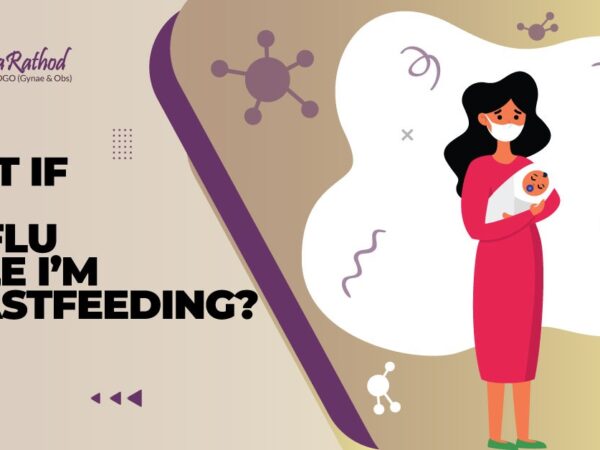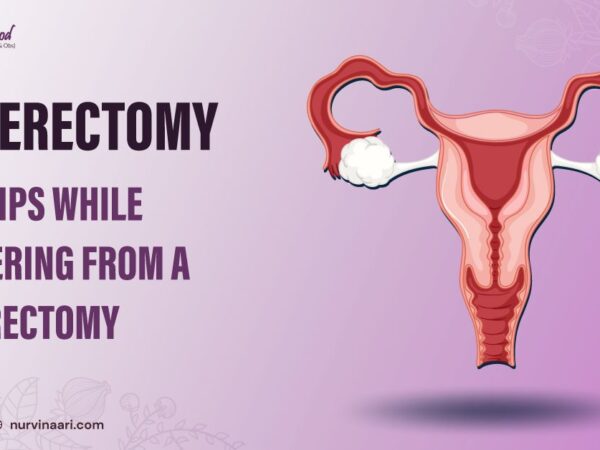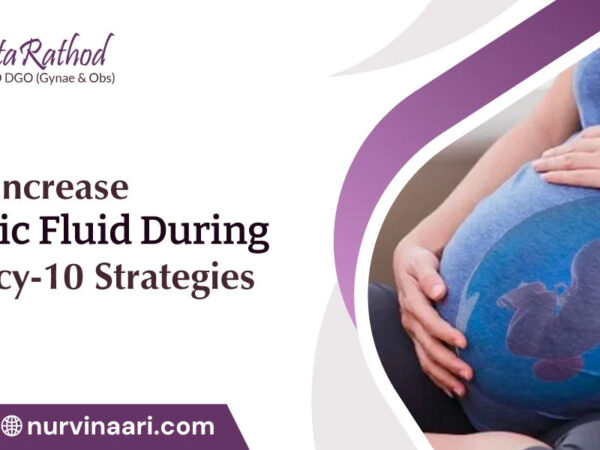At some point or the other, every woman has experienced pain and cramping associated with menstrual periods in life. Menstruation is the bleeding that happens as a part of monthly cycle in women. Women with painful menstruation is known as dysmenorrhea. Menstrual cramps usually affect lower belly or back and is the most painful during the first few years of its occurrence. Periods cramps might become less painful after few years or may stop completely after a women have her baby – by Gynecologist in Thane West.
The Symptoms of dysmenorrhea includes:
- Lower abdomen cramps
- Abdominal pain
- Nausea
- Lower back pain
- Vomiting
- Diarrhea
- Fatigue
- Fainting
What are the causes of menstrual cramps?
Periods can be severe enough to interfere with the daily routine of a woman, which is usually experienced before or during your ‘period days’. Menstrual cramps causes are categorized under two types: Primary and Secondary.
- Primary Dysmenorrhea: Menstrual cramps are caused by contraction of the inner linings of the uterus. This procedure of contraction leads to the generation of prostaglandins (hormone like substances). Prostaglandins are involved in pain and inflammation which triggers the more uterine muscle contractions. Greater the levels of prostaglandins more-severe will be menstrual cramps.
Secondary Dysmenorrhea: Cramps or period pain caused because of disorders in women reproductive system is known secondary dysmenorrhea. People with this condition may need special medical assistance but it’s a good thing that it is treatable with a high success rate by Best Gynecologist Doctors in Thane.
The conditions in secondary dysmenorrhea, includes:
- Endometriosis: An often-painful disorder, in this disorder the tissues similar to the inner lining of the uterus (known as endometrium) grows outside your uterus. Endometriosis most commonly affects ovaries, fallopian tubes and the tissue lining of the pelvis. However, it rarely may spread beyond pelvic organs. The preliminary symptom of the disease is pain which includes extreme menstrual cramps which get worse with the progression of the disease.
- Polycystic Ovary Syndrome (PCOS): It is a hormonal disorder and is common amongst women of reproductive age. Women with PCOS complains of prolonged and irregular periods. The reason behind this condition is that, your ovaries develop many small collections of fluid (follicles) and fail to regularly release eggs. Though the exact cause of PCOS is still unknown, but the studies have shown an increase in androgen levels.
Early diagnosis and treatment under the top gynecologist in Thane, may reduce the risk of long-term complications.
- Adenomyosis: Adenomyosis can cause cramps, lower abdominal pressure, bloating before menstrual periods and can result in excessive bleeding. It is a condition where the inner lining of the uterus breaks through the muscle wall of the uterus (myometrium). The symptoms of Adenomyosis are as follows:
- Prolonged and heavy menstrual bleeding
- Pain menstrual cramps
- Bloating and Abdominal pressure
- Uterine Fibroids: These are the uterine fibroids that originates in the womb, also known as uterine myoma. Most of the times uterine fibroids don’t show any symptoms and even if it does it may vary depending on the size, location within the uterus, and how close are they to adjacent pelvic organs. The common symptom out of those are abdominal pain, bleeding and pressure.
Women between 30-40 years old usually could face uterine fibroids. These fibroids could bulge into the uterine cavity causing abnormal growths of a woman’s uterus. This condition is often not cancerous, but it interrupts the fertilization process initiating infertility.
- Pelvic Inflammatory Disease (PID): Infection of female reproductive organs i.e. uterus, fallopian tubes, ovaries cervices are known as pelvic inflammatory disease. Just like chlamydia or gonorrhea PID is sexually transmitted infection (STI) and is treatment with antibiotics. If this disease is present during periods, cramping and discomfort could become a nightmare.
- Cervical Stenosis: It is a rare condition which may sometimes results in increased pressure and pain in the pelvis.
Period cramps could be intolerable and sometimes, even the gynecologist can’t predict the exact reason of the cramps, many clinics and hospitals in India provide exceptional services for women suffering from dysmenorrhea and one such gynecologist center is Nurvinaari by Dr. Sujata Rathod. Drinking, smoking alcohol, excessive weight, getting periods at an early age are the risk factor for menstrual pain. The above-mentioned conditions are diagnosed by Ultrasound, Magnetic resonance imaging (MRI), Laparoscopy, Hysteroscopy and its treatments may include NSAIDS, acetaminophen, hormone treatment, dietary changes, vitamins, exercise, heat, or massage. In severe conditions, surgery is also recommended.
Though menstrual pain is referred as throbbing, cramping pain above pelvic pain you can get relieved from unbearable period pain with the Best Gynecologist in Thane. Home remedies can temporarily ease the pain but getting a good gynecologist consultation may give lifelong effect.



Comments are closed.